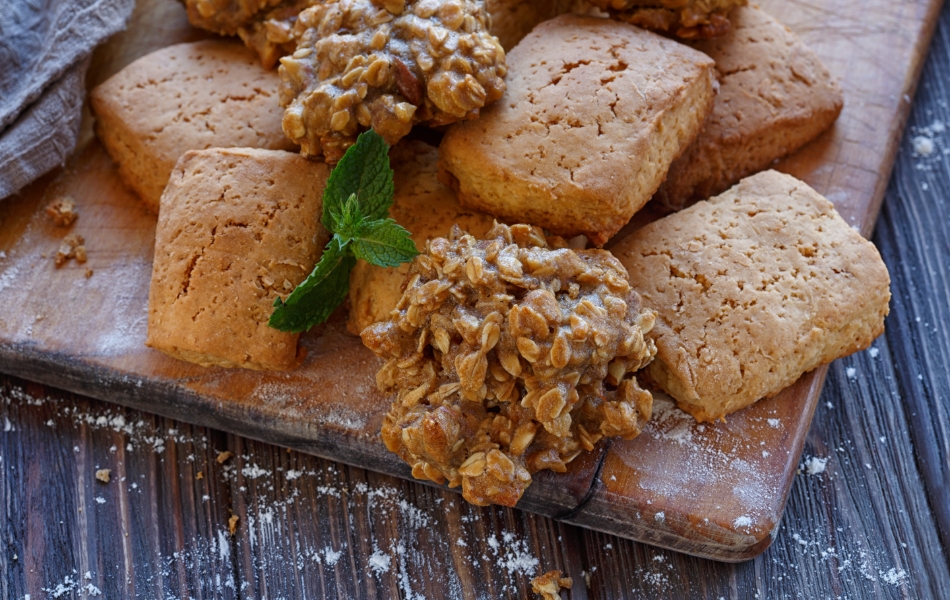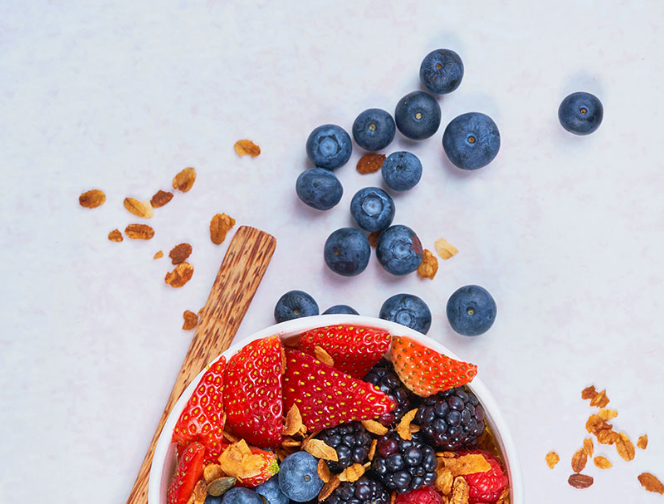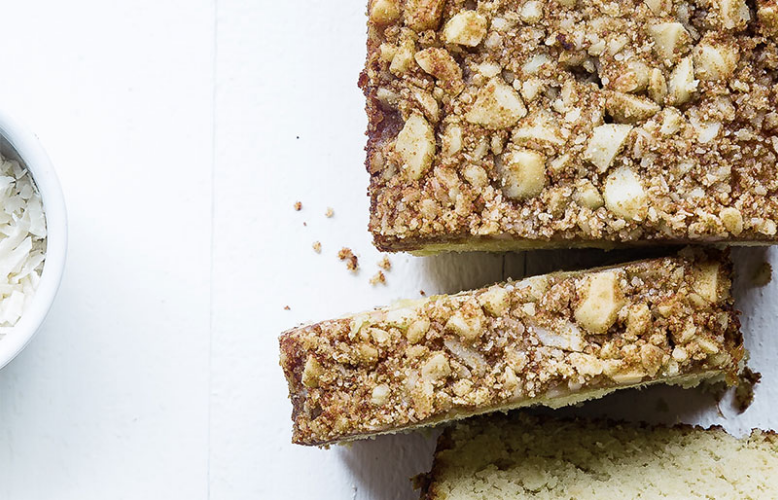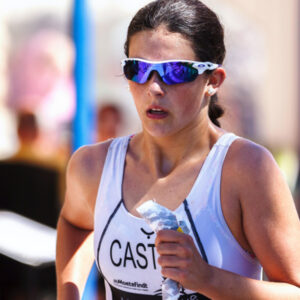How to eat well before and during a marathon?
According to various studies, a marathon runner spends an average of one calorie per kilogram per kilometer run.
From this point of view, a 70 kg runner spends about 1 x 70 x 42 = 2940 kcal during his marathon. This value shows the importance of nutrition during exercise but also its predominance in the preparation: without a structured and healthy diet, no performance! For this reason, it is essential to monitor this parameter throughout the training cycle.
To tackle this crucial stage with peace of mind, we advise you to avoid “Scandinavian”-type dissociated diets, which lead to premature exhaustion, promote injury and often generate harmful intestinal stress. In the weeks leading up to the race, eat healthily without too many deviations, and avoid over-consumption of sugar, saturated fats and alcohol. In the money time (from D-7 onwards), here are some ideas for applying good practices:











 Belgique
Français
Belgique
Français
 United Kingdom
English
United Kingdom
English
 Deutschland
Deutsch
Deutschland
Deutsch
 España
Español
España
Español
 Italia
Italiano
Italia
Italiano
 Portugal
Português
Portugal
Português
 Nederlands
Nederlands
Nederlands
Nederlands
 Schweiz
Deutsch
Schweiz
Deutsch
 Luxembourg
Français
Luxembourg
Français

The information below is required for social login
Sign In
Or
Create New Account
Or
Your data is processed and collected by Lepape, which acts as the data controller, in accordance with the French Data Protection Act and the RGPD. For more information on the processing of your personal data, you can consult our Privacy policy.